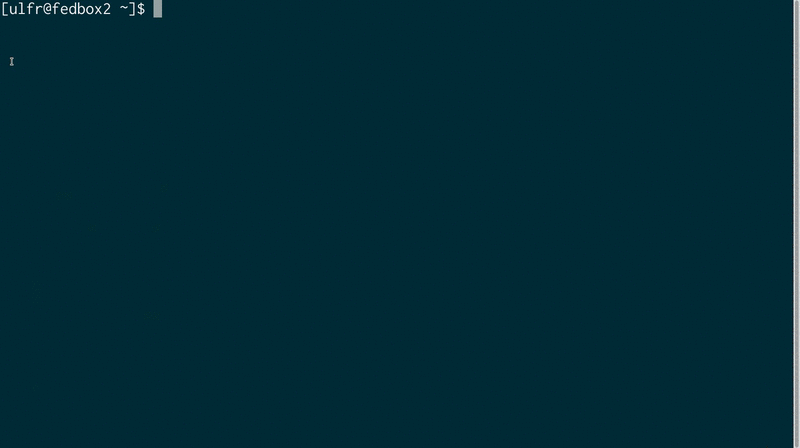MIG is Mozilla’s platform for investigative surgery of remote endpoints.
It enables investigators to obtain information from large numbers of systems in parallel, thus accelerating investigation of incidents and day-to-day operations security.
MIG is composed of agents installed on all systems of an infrastructure that are be queried in real-time to investigate the file-systems, network state, memory or configuration of endpoints. MIG agents are designed to be lightweight, secure, and easy to deploy
It’s an army of Sherlock Holmes, ready to interrogate your infrastructure within seconds.
MIG uses a REST API that receives signed JSON messages distributed to agents via RabbitMQ and stored in a Postgres database.
Features include:
- File inspection.
- Network inspection.
- Memory inspection
- Vuln management.
- System auditing.
- Designed to be fast, and asynchronous.
- It uses AMQP to distribute actions to endpoints, and relies on Go channels to prevent components from blocking.
- Running actions and commands are stored in a Postgresql database and on disk cache, such that the reliability of the platform doesn’t depend on long-running processes.
- Massively distributed means fast.
- Simple to deploy
- Secured using OpenPGP.
- Respectful of privacy by never retrieving raw data from endpoints.
- Cross-platform support.
Website: github.com/mozilla/mig
Support:
Developer: Mozilla Foundation
License: Mozilla Public License 2.0

MIG is written in Go. Learn Go with our recommended free books and free tutorials.
| Popular series | |
|---|---|
| The largest compilation of the best free and open source software in the universe. Each article is supplied with a legendary ratings chart helping you to make informed decisions. | |
| Hundreds of in-depth reviews offering our unbiased and expert opinion on software. We offer helpful and impartial information. | |
| The Big List of Active Linux Distros is a large compilation of actively developed Linux distributions. | |
| Replace proprietary software with open source alternatives: Google, Microsoft, Apple, Adobe, IBM, Autodesk, Oracle, Atlassian, Corel, Cisco, Intuit, SAS, Progress, Salesforce, and Citrix | |
| Awesome Free Linux Games Tools showcases a series of tools that making gaming on Linux a more pleasurable experience. This is a new series. | |
| Machine Learning explores practical applications of machine learning and deep learning from a Linux perspective. We've written reviews of more than 40 self-hosted apps. All are free and open source. | |
| New to Linux? Read our Linux for Starters series. We start right at the basics and teach you everything you need to know to get started with Linux. | |
| Alternatives to popular CLI tools showcases essential tools that are modern replacements for core Linux utilities. | |
| Essential Linux system tools focuses on small, indispensable utilities, useful for system administrators as well as regular users. | |
| Linux utilities to maximise your productivity. Small, indispensable tools, useful for anyone running a Linux machine. | |
| Surveys popular streaming services from a Linux perspective: Amazon Music Unlimited, Myuzi, Spotify, Deezer, Tidal. | |
| Saving Money with Linux looks at how you can reduce your energy bills running Linux. | |
| Home computers became commonplace in the 1980s. Emulate home computers including the Commodore 64, Amiga, Atari ST, ZX81, Amstrad CPC, and ZX Spectrum. | |
| Now and Then examines how promising open source software fared over the years. It can be a bumpy ride. | |
| Linux at Home looks at a range of home activities where Linux can play its part, making the most of our time at home, keeping active and engaged. | |
| Linux Candy reveals the lighter side of Linux. Have some fun and escape from the daily drudgery. | |
| Getting Started with Docker helps you master Docker, a set of platform as a service products that delivers software in packages called containers. | |
| Best Free Android Apps. We showcase free Android apps that are definitely worth downloading. There's a strict eligibility criteria for inclusion in this series. | |
| These best free books accelerate your learning of every programming language. Learn a new language today! | |
| These free tutorials offer the perfect tonic to our free programming books series. | |
| Linux Around The World showcases usergroups that are relevant to Linux enthusiasts. Great ways to meet up with fellow enthusiasts. | |
| Stars and Stripes is an occasional series looking at the impact of Linux in the USA. | |
